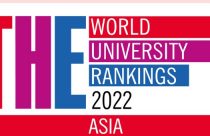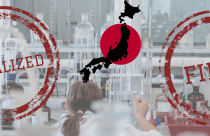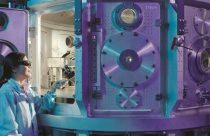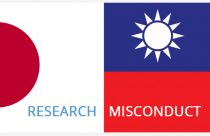Japan Boosts Research Funding to Keep Pace With China & South Korea
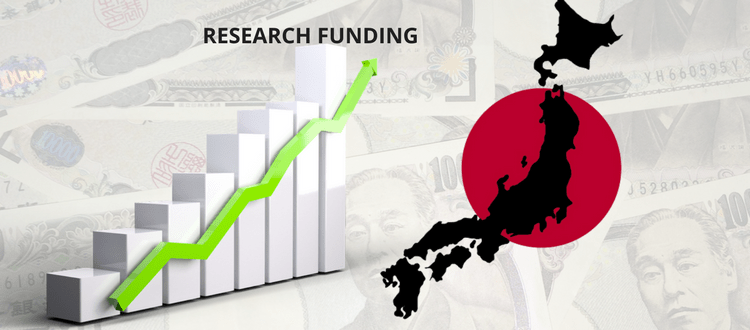
After nearly a decade of stagnating funding for scientific research, Japan’s government has committed to a sharp increase in financial support for the sector in 2018. The government’s science advisory body made such a declaration on January 30. It stated that the total investment in science and technology of Japan would increase by 7%. This would amount to 3.84 trillion yen (USD 35 billion) this year compared to 2017. Japanese Prime Minister Shinzo Abe has stated his goal to boost Japan’s science and technology budget by USD 2.83 billion per year. This would increase country’s gross domestic product (GDP) by 1%, by 2020, from 0.65% in 2015. With neighboring countries like China and South Korea investing heavily in science and technology, Japanese Prime Minister Shinzo Abe’s change in funding policy seems to be a clear signal that he is determined to reverse the country’s declining status in the field of science.
Japan’s Scientific Decline
Japan’s scientific community has been struggling with budgetary woes since the early 2000s. So this news has come as a blessing for them. Funding cuts have affected universities as well as other institutions, including RIKEN, Japan’s premier scientific research institute. Japan’s universities have seen their funding decline approximately by 1% annually since 2004, and RIKEN has had its budget decline by 20% in 10 years. Universities have hired contract workers rather than professors in an effort to deal with the financial restraints. The lack of stable employment options has no doubt contributed to the accompanying decline in PhD students, down by 18% since 2003. Japan’s publication record has remained flat in line with its stagnant science and technology investment.
A Potential for Turnaround
As Japan faces an ageing society and shrinking workforce, scientific leaders are concerned that two decades of weak investment has harmed Japan’s competitiveness in science and technology. Japan’s universities missed out on additional funding for the 2018 fiscal year. But the government’s new funding plan is a good start in countering this trend. 10 billion yen was allocated to boost collaborations between industry and academia in areas such as artificial intelligence, big-data analytics and quantum optics. The Ministry of Economy, Trade and Industry also received 10 billion yen while the Science Ministry received 5.5 billion yen. This is considered as part of a new initiative to promote high-risk, high-impact research.
Takahiro Ueyama is an executive member of Japan’s Council for Science, Technology and Innovation (CSTI). This organization drafts the government’s science and technology strategies. He expressed cautious optimism over the government’s changes. Although he doesn’t think the 2018 figures are enough, but he believes this is just the beginning. Other science-policy analysts applauded the budget changes as a sign that the government was keeping its promise to support innovation as a driver of the country’s economy.
Is the Change Enough?
In sharp contrast to Japan’s declining investments in science and technology, China and South Korea have been banking on these industries as the key to the future. China has been working to make their scientific research reach beyond their borders, and the government increasingly funds international collaborations among scientists. The number of internationally co-authored papers from China has exploded. China has even outpaced the US in its number of publications as a direct result of this ongoing government investment, which summed up to USD 400 billion in 2015. A report released in 2017 by Clarivate Analytics noted that China leads globally on research covering Mathematics, Engineering, and Computer Science. This report is also making its marks in Chemistry and Materials Science.
At the same time, South Korea has been pursuing serious investment in science and technology as well, surpassing Israel in terms of the percentage of its GDP devoted to R&D (4.23% in 2015). It plans an ambitious new bio-health complex that will be home to a number of innovative health companies including Merck and Samsung BioLogics. In addition, the new president has pledged to invest USD 920 million in dementia R&D over the next decade, up from just USD 100 million spent between 2012 and 2016. It’s ranking as number one in terms of global innovation shows that its heavy investments in these fields have paid off.
With such competitive neighbors, Japan has a lot of catching up to do as the government works to reverse its prior lack of attention to R&D investment. It remains to be seen whether the 2018 budget is the first step to regaining their prior place in science and research.
What do you think the future holds for Japan’s scientific community? Do you think these policies are on the right track? Please let us know your thoughts in the comments section below.





